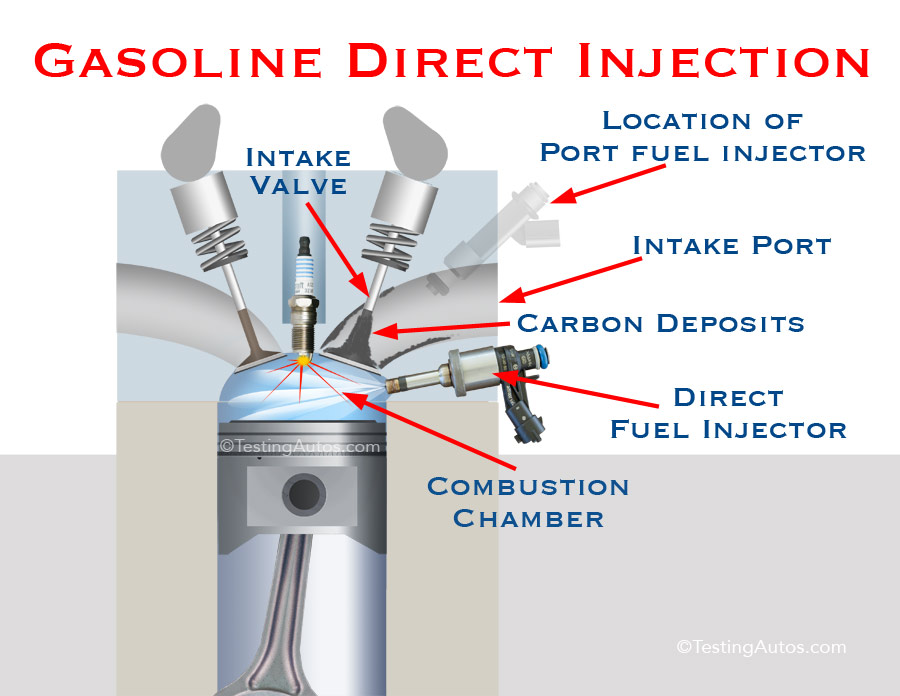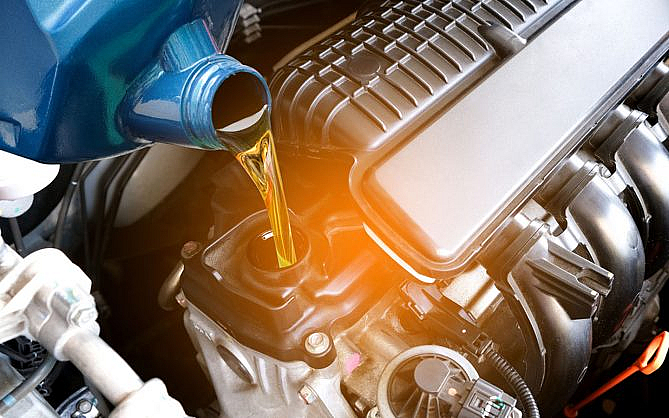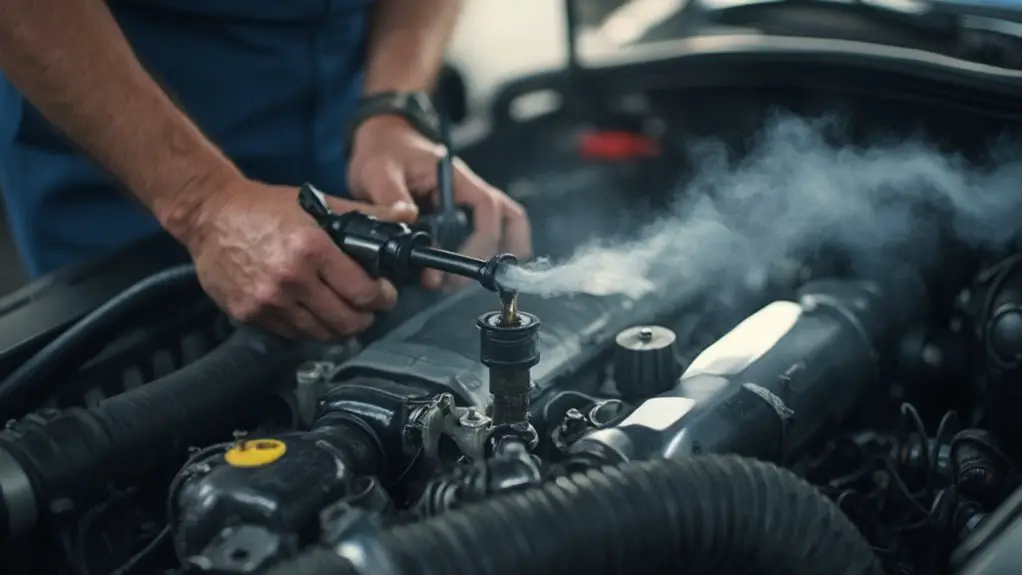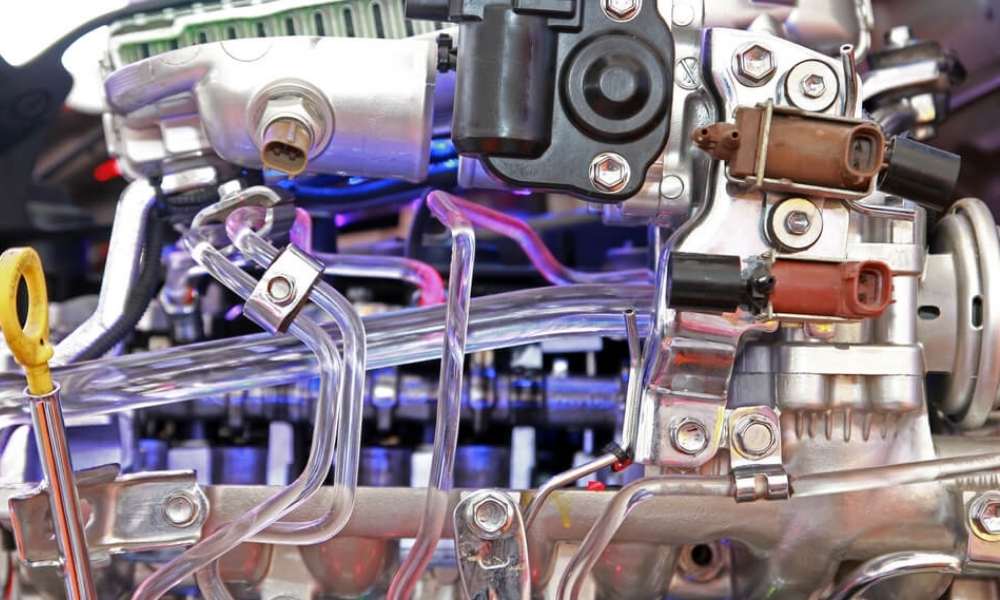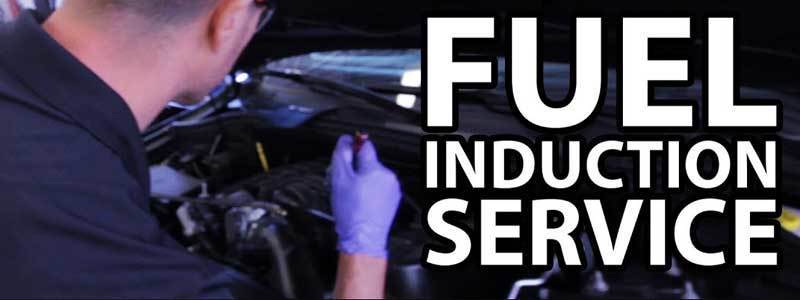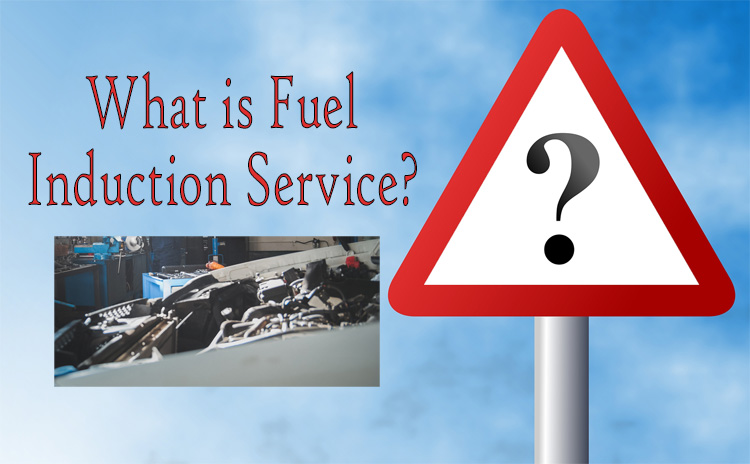What Is A Fuel Induction Service

Maintaining optimal engine performance is crucial for vehicle longevity and fuel efficiency. Many drivers, however, may be unfamiliar with a vital maintenance procedure called a fuel induction service. This article aims to explain what this service entails, why it's important, and how it can benefit your vehicle.
A fuel induction service, often referred to as a fuel system cleaning, is a maintenance procedure designed to remove deposits and build-up from the engine's fuel injectors, intake valves, and combustion chamber. These deposits accumulate over time due to the natural combustion process and the quality of fuel used.
What Does a Fuel Induction Service Do?
Essentially, the service cleans the entire pathway through which fuel and air travel into the engine. By cleaning these components, the engine can operate more efficiently and effectively.
The primary goal is to restore the engine's original performance and fuel economy by eliminating obstructions that hinder proper fuel delivery and combustion. It helps the car to achieve optimal engine performance.
Key Components Involved
The main areas targeted during a fuel induction service include the fuel injectors, intake valves, and combustion chamber. Each of these parts plays a critical role in the engine's operation. The condition of these parts has a big impact on how well your car operates.
Fuel injectors are responsible for spraying fuel into the engine. Over time, they can become clogged with deposits, leading to poor spray patterns and reduced fuel delivery.
Intake valves control the flow of air into the engine. Deposits on these valves can restrict airflow and disrupt the air-fuel mixture, affecting combustion efficiency. Dirty intake valves cause a decrease in power.
Combustion chambers are where the air-fuel mixture ignites. Carbon build-up in this area can lead to incomplete combustion and increased emissions.
Why is a Fuel Induction Service Important?
A clean fuel system is paramount for optimal engine performance. When deposits accumulate, several negative effects can arise. This can impact the way your car drives and how much fuel it uses.
One of the most noticeable effects of a dirty fuel system is reduced fuel economy. Deposits can disrupt the air-fuel mixture, causing the engine to burn more fuel than necessary. This impacts your wallet.
Engine performance also suffers when the fuel system is clogged. Drivers may experience decreased power, rough idling, and hesitation during acceleration. This can make driving less enjoyable.
Furthermore, accumulated deposits can increase harmful emissions. Incomplete combustion leads to higher levels of pollutants being released into the atmosphere.
How is a Fuel Induction Service Performed?
A fuel induction service typically involves using specialized cleaning solutions and equipment. The exact procedure may vary depending on the vehicle and the service provider.
Often, a technician will use a professional-grade fuel system cleaner. This cleaner is introduced into the fuel system, either through the fuel rail or via a direct injection method.
The engine is then run while the cleaner circulates, dissolving and removing deposits from the fuel injectors, intake valves, and combustion chamber. Some services might involve a manual cleaning of certain components.
In some cases, particularly for direct injection engines, a walnut blasting procedure may be used. This involves using crushed walnut shells to blast away carbon deposits from the intake valves.
When Should You Get a Fuel Induction Service?
The frequency of fuel induction services depends on several factors, including driving habits, fuel quality, and the vehicle's make and model. However, it's generally recommended to have this service performed every 30,000 to 60,000 miles.
Some drivers may notice signs that indicate a need for a fuel induction service, such as decreased fuel economy, rough idling, or reduced engine power. If you experience any of these symptoms, it's a good idea to consult with a qualified mechanic.
Consulting your vehicle's owner's manual can also provide guidance on recommended maintenance schedules, including fuel system cleaning. Regular maintenance keeps your car running smoothly.
Potential Impact and Benefits
The benefits of a fuel induction service extend beyond just improved engine performance. By restoring the engine's efficiency, drivers can experience significant long-term cost savings.
Improved fuel economy translates to less money spent at the gas pump. A clean fuel system can also help prevent costly repairs down the road by preventing damage caused by excessive deposit build-up.
Furthermore, reducing harmful emissions contributes to a cleaner environment. Overall, regular fuel induction services represent a proactive approach to vehicle maintenance. It’s an environmentally responsible choice.
Conclusion
In conclusion, a fuel induction service is a vital maintenance procedure that helps to keep your engine running smoothly and efficiently. By understanding the benefits of this service, drivers can make informed decisions about their vehicle's upkeep and enjoy improved performance, fuel economy, and longevity. Prioritizing your car's health ultimately saves you money.
